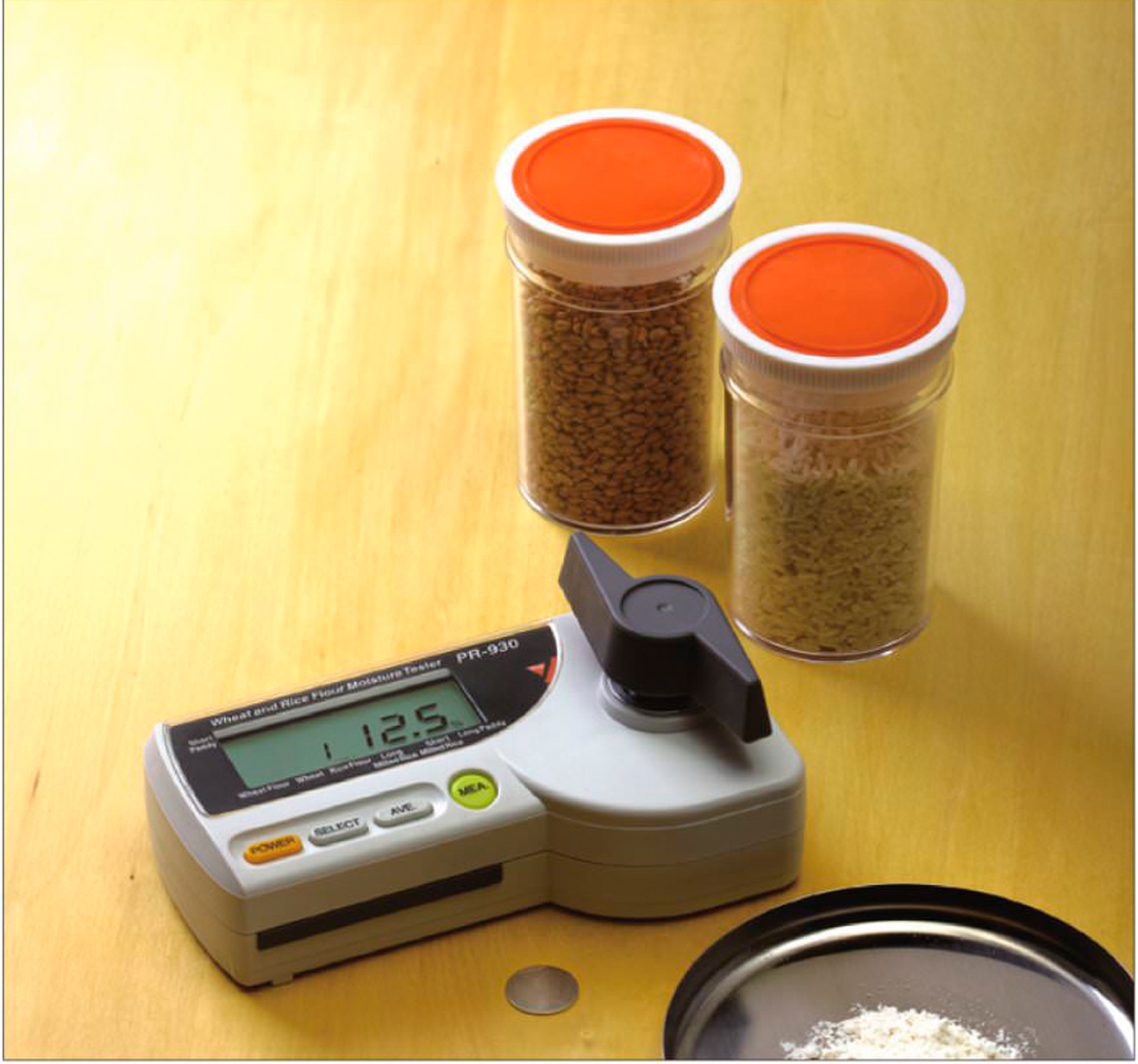Recognizing the Various Sorts Of Moisture Meters and Their Applications
Recognizing the Various Sorts Of Moisture Meters and Their Applications
Blog Article
The Ultimate Overview to Dampness Meters: A Comprehensive Review and Just How They Can Save You Money
In the realm of building upkeep, building and construction, and different markets, the significance of accurately gauging wetness levels can not be overstated. Dampness meters act as indispensable devices in discovering and keeping an eye on moisture material in materials, aiding in protecting against expensive damages and making sure the high quality of products. Recognizing the subtleties of different sorts of moisture meters, their applications, and the potential cost-saving benefits they offer can be a game-changer for companies and professionals alike. Finding just how these gadgets can not only enhance processes yet additionally contribute to economic savings is a trip worth embarking on.
Kinds Of Dampness Meters
One common type is the pin-type moisture meter, which determines the electric resistance in between two pins inserted into a material. Pinless moisture meters, on the various other hand, use electro-magnetic sensor plates to scan a bigger area without causing damage to the product's surface area.

Infrared wetness meters measure the thermal residential or commercial properties of a material to establish its moisture web content non-invasively, making them useful for applications where pin or pinless meters might not be ideal. Recognizing the different kinds of moisture meters offered can aid industries pick the most suitable tool for their specific wetness dimension needs.

Benefits of Making Use Of Moisture Meters
Wetness meters provide invaluable advantages in properly evaluating and checking wetness degrees in varied materials and environments (Moisture Meter). Among the key advantages of using dampness meters is the prevention of possible damages caused by excess moisture. By finding and addressing high wetness levels beforehand, moisture meters help to stop mold and mildew development, rot, and structural damages in structures, conserving both money and time on repairs. Furthermore, wetness meters help in ensuring the quality of materials throughout building and construction or production procedures. By accurately gauging moisture content, these tools help maintain the integrity of timber, drywall, concrete, and various other products, lowering the threat of defects or failings.
Furthermore, utilizing moisture meters can lead to raised energy performance. In agricultural setups, dampness meters play a vital role in enhancing plant yields by making it possible for farmers to keep track of dirt moisture levels and make educated watering decisions.
Just How to Choose the Right Wetness Meter
Picking the appropriate wetness meter entails considering crucial factors such as material compatibility, measurement array, and calibration precision. When choosing a wetness meter, it's essential to make sure that the meter appropriates for the specific material you will be screening. Various products have differing electrical residential or commercial properties that can influence dampness analyses, so selecting a meter created for your material is important for exact outcomes. In addition, consider the measurement variety of the wetness meter. Make sure that the meter can identify moisture levels within the range required for your applications. Calibration accuracy is one more essential variable to maintain in mind. Opt for a moisture meter with trusted calibration to make certain constant and accurate readings. Some meters may call for regular calibration modifications, so understanding the calibration process is essential. By very carefully examining these aspects, redirected here you can select a moisture meter that meets your needs and supplies exact moisture dimensions for your tasks.
Correct Techniques for Dampness Meter Usage

Price Financial Savings Via Moisture Meter Applications
How can the tactical application of wetness meters lead to significant price financial savings across various markets? In the agriculture sector, moisture meters help in identifying the optimum time for gathering plants, avoiding over-drying or excess dampness that can affect the last product's quality.
Likewise, in building and construction, wetness meters aid stop costly problems by discovering dampness levels in structure materials, such as wood or concrete, which can cause structural problems otherwise dealt with without delay. By identifying trouble areas early on, service providers can take restorative actions to avoid substantial repairs or Get More Information replacements, inevitably conserving time and cash.
Furthermore, in the food handling sector, moisture meters are crucial for keeping an eye on item quality and making certain compliance with security laws. By accurately determining wetness web content in foodstuff, manufacturers like it can avoid wasting, preserve freshness, and decrease waste, leading to substantial price financial savings. Overall, the strategic application of moisture meters is an important investment that can cause significant price decreases and boosted performance throughout different sectors.
Conclusion
In conclusion, dampness meters are useful tools for spotting and gauging dampness levels in numerous materials. By utilizing the appropriate dampness meter and complying with proper strategies, users can properly avoid pricey damages triggered by excess dampness.
Moisture meters offer as important devices in identifying and keeping an eye on moisture content in materials, assisting in stopping expensive problems and guaranteeing the top quality of products. Infrared wetness meters gauge the thermal homes of a product to establish its dampness material non-invasively, making them beneficial for applications where pin or pinless meters may not be appropriate.Dampness meters offer vital advantages in accurately monitoring and examining dampness degrees in varied products and environments. In agricultural settings, dampness meters play an essential function in enhancing plant returns by enabling farmers to monitor soil wetness degrees and make educated irrigation decisions.In conclusion, wetness meters are useful devices for determining and detecting moisture levels in various materials.
Report this page